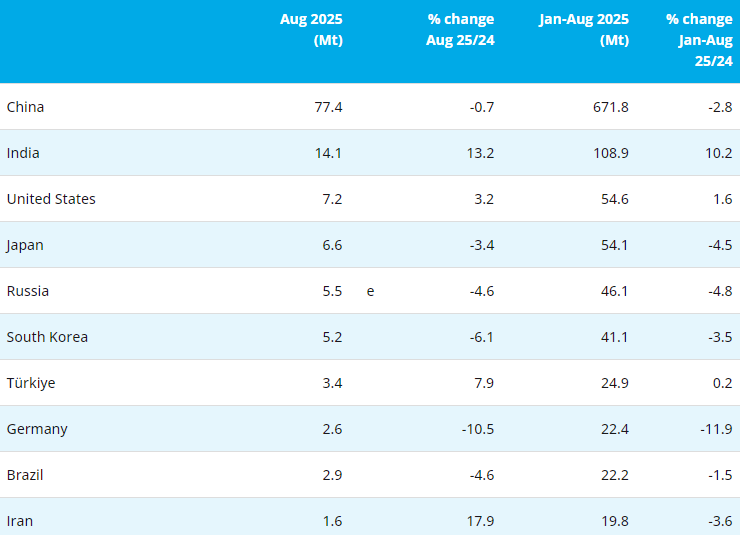The federal government has fired another salvo in the battle to halt or reduce the amount of steel being dumped into Canada by foreign steel makers.
The Canada Border Services Agency has imposed preliminary duties of between 71 and 396 per cent on carbon and alloy steel line pipe imported from China. The steel is used in pipelines and other activities in the oil and gas industry.
The decision was applauded by Evraz North America, which operates four production facilities in Western Canada.
“We actively compete globally with line pipe manufacturers, but foreign companies should not be allowed to dump their product while we reduce Canadian employment to save their subsidized jobs,” Conrad Winkler, the company’s chief executive officer, said in a statement.
Evraz North America operates steel-making, pipe and recycling facilities in Alberta and Saskatchewan.
The steel maker laid off 385 employees earlier this year in Calgary and Red Deer, Alta., amid the oil price collapse, but has since brought back 165 workers with both facilities operating at reduced levels.
The federal agency found earlier this year that pipe imported from China had risen to 56 per cent of the market between June, 2014, and June, 2015, from 47 per cent in 2012.
There are several other cases under way at Canadian trade authorities as steel makers seek to stem the tide of dumped steel, which has sent the prices the companies in Canada receive for their products down 40 per cent in North America since the beginning of 2015.
Preliminary duties of 51 per cent have been imposed on OAO Severstal of Russia and levies of 241 per cent on Indian steel makers for imports of plate.
Plate is a crucial product for Essar Steel Algoma Inc. of Sault Ste. Marie, Ont., which is operating under the protection of the Companies’ Creditors Arrangement Act, after having cited, in part, the impact dumped plate is having on its financial results.
“The domestic mills have suffered material injury in the form of lost sales, price undercutting, price depression, price suppression, reduced market share and reduced employment. As a result, the domestic mills have been negatively impacted, as reflected in diminished net sales revenues, gross margins and net profits, as well as capacity underutilization,” Algoma said in a filing to the Canadian International Trade Tribunal.
“Because of aggressive competition from the new offshore sources, the domestic industry is now in a no-win position; it can either suffer poor capacity utilization or it can increase production at the expense of huge net income losses,” Algoma said.
- [Editor:Chen Zhen Seng]



 Save
Save Print
Print Daily News
Daily News Research
Research Magazine
Magazine Company Database
Company Database Customized Database
Customized Database Conferences
Conferences Advertisement
Advertisement Trade
Trade

















Tell Us What You Think